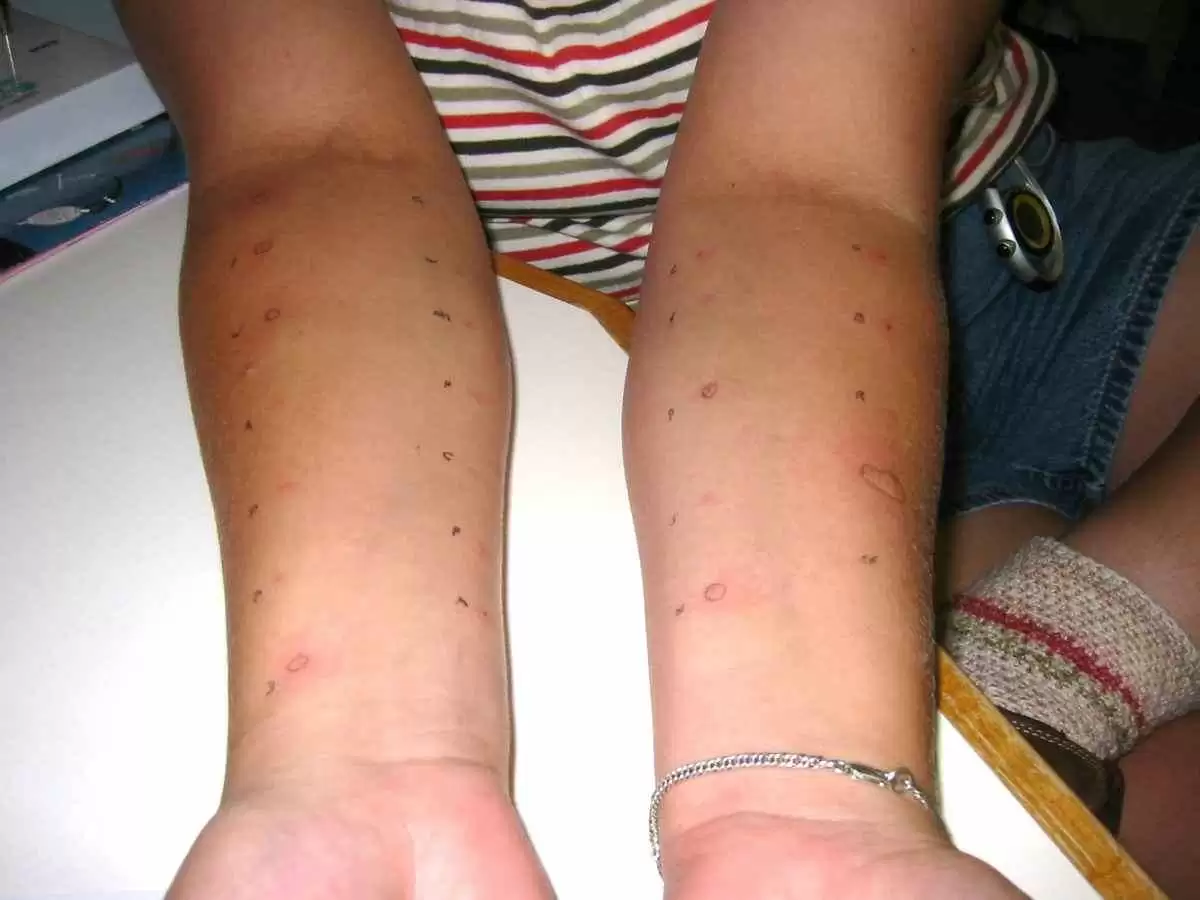
Celiac.com 12/07/2024 - A 19-year-old college student from Wisconsin tragically died after experiencing a severe allergic reaction to a gluten-free brownie. The cause of her reaction was traced to roasted peanut flour, which had been used in place of wheat flour in the treat. This heartbreaking incident not only underscores the life-threatening risks associated with peanut allergies but also highlights the importance of food safety and clear labeling, especially for individuals with severe allergies. Despite the tragedy, Hannah Glass’s family made the selfless decision to donate her organs, potentially saving several lives.
The Incident
Hannah Glass, a freshman at Maranatha Baptist University, consumed a gluten-free brownie on November 5, 2024, which had been prepared by a women's group for gluten-sensitive students on campus. Initially, the brownies were intended to provide a safe alternative to wheat-based desserts, but they unfortunately contained roasted peanut flour, a known allergen. When Hannah ate the brownie, she immediately experienced an allergic reaction. Her symptoms, including hives and vomiting, were not unusual to her; she had experienced similar reactions in the past due to her peanut allergy.
Celiac.com Sponsor (A12):
However, this time the reaction escalated quickly. After taking some Benadryl and trying to rest, Hannah began to experience more severe symptoms, including shortness of breath and chest discomfort. Her condition deteriorated rapidly, and soon after, she collapsed. Despite administering her EpiPen and seeking medical help, Hannah’s situation continued to worsen, leading to a collapse of her lung, brain swelling, and eventual loss of consciousness.
The Medical Response
Hannah's parents rushed to the campus after being alerted to their daughter’s condition. They administered the EpiPen and called 911, seeking emergency medical assistance. Paramedics arrived and immediately began performing life-saving procedures. However, despite the swift response, Hannah’s condition continued to worsen. Once at the hospital, medical tests revealed that the severe allergic reaction had caused significant brain swelling, and her organs began to shut down.
According to the family, Hannah's brain was critically damaged, and doctors confirmed that there was no hope for recovery. After several days of life support, her family made the heart-wrenching decision to take her off life support on November 10, 2024.
A Selfless Gift: Organ Donation
In the face of unimaginable loss, Hannah’s family chose to honor her memory by donating her organs to save the lives of others in need. On the day of the donation, hundreds of family members, friends, and medical staff gathered to pay their respects during an emotional "Honor Walk" at Froedtert Hospital. As the family walked alongside Hannah's gurney, they were reminded of the profound impact she had on others' lives, even in death. Her organs were successfully transplanted into patients in critical condition, offering hope to those who may have otherwise faced grim prospects.
The decision to donate her organs was not easy for the Glass family, but they saw it as a way to turn their devastating loss into something that could help others avoid the pain they were feeling. “If we can save anybody else this depth of pain, at our expense, we must do it,” her father, David Glass, explained in a statement. Hannah’s mother, Janean, expressed her gratitude for the lives her daughter would continue to touch through this act of generosity.
Peanut Allergy and the Dangers of Cross-Contamination
This tragic incident brings attention to the severe dangers associated with peanut allergies, which can cause life-threatening reactions even with the smallest exposure. For individuals like Hannah, even trace amounts of peanuts or peanut products can trigger anaphylaxis, a rapid and severe allergic reaction that requires immediate medical intervention. Unfortunately, in this case, the use of roasted peanut flour in a gluten-free product designed for people with dietary restrictions like gluten sensitivity was an oversight that led to disaster.
The presence of peanuts in a gluten-free treat highlights a serious concern for individuals with food allergies: cross-contamination. In this case, the ingredient was not clearly labeled as a peanut product, and the substitution of peanut flour for wheat flour likely went unnoticed. This oversight emphasizes the need for clear and accurate food labeling to prevent allergic reactions, particularly in settings where individuals with known allergies may be consuming food prepared by others.
The Importance of Awareness and Preventative Measures
Hannah’s story serves as a tragic reminder of the critical importance of awareness and preventative measures in managing food allergies. For those with severe allergies, even seemingly benign ingredients in prepared foods can lead to devastating consequences. The use of peanuts in a seemingly gluten-free product demonstrates the risks involved with cross-contamination, especially when food is not properly labeled or prepared in a controlled environment.
This incident also highlights the importance of clear communication about food allergies in school and community settings. While the gluten-free diet is essential for individuals with celiac disease or gluten sensitivity, it’s equally important to ensure that other allergens, like peanuts, are not inadvertently included in food products. Regular training for food preparers, accurate ingredient labeling, and increased awareness about cross-contamination can help mitigate these risks and prevent tragic outcomes like the one experienced by Hannah.
A Life Cut Short, but a Legacy of Giving
The tragic death of Hannah Glass, while devastating, serves as an important reminder of the dangers of severe food allergies, especially peanut allergies. It highlights the need for greater vigilance, better labeling, and education about food allergens, particularly in settings where individuals with known allergies may consume food prepared by others.
Hannah’s selfless decision to donate her organs, even in the face of overwhelming grief, has given hope to others in need and left a legacy of life-saving generosity. Her parents' strength in the face of unimaginable loss stands as a testament to their love for their daughter and their desire to make a positive difference in the world despite their pain. While her life was tragically cut short, Hannah’s story will continue to touch lives through the organ donations that have already saved others.
Read more at: nypost.com











Recommended Comments
Create an account or sign in to comment
You need to be a member in order to leave a comment
Create an account
Sign up for a new account in our community. It's easy!
Register a new accountSign in
Already have an account? Sign in here.
Sign In Now